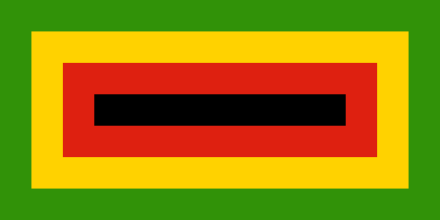Zimbabwe’s ruling party, ZANU PF, has secured 15 out of 22 parliamentary portfolio committees, with former ministers taking up key positions. The committees are responsible for overseeing the work of government ministries and agencies, and holding them accountable for their policies and actions.
Among the former ministers who will chair the committees are Energy Mutodi, who will lead the Justice, Legal and Parliamentary Affairs Committee, and Supa Mandiwanzira, who will head the Local Government, Public Works and National Housing Committee. Other notable appointments include Albert Nguluvhe, who will chair the Defence, Home Affairs, Veterans of Liberation Struggle and Security Portfolio Committee, and Ngoni Mudekunye, who will lead the Industry and Commerce Committee.
The opposition Citizens Coalition for Change (CCC) was allocated the remaining seven committees, with prominent figures such as Fadzai Mahere and Chalton Hwende taking charge of the Higher Education Portfolio Committee and the Public Accounts Committee respectively. The CCC is a coalition of several opposition parties that emerged after the disputed 2023 general elections, which saw ZANU PF winning a two-thirds majority in parliament and President Emmerson Mnangagwa securing a second term.
The opposition has accused ZANU PF of rigging the elections and violating human rights, while ZANU PF has dismissed the allegations and vowed to deliver on its promises of economic recovery and social development. The formation of the parliamentary portfolio committees comes after months of delays due to disagreements between ZANU PF and CCC over the allocation of seats and chairpersons.
According to Zimbabwe’s constitution, the chairpersons of the committees are elected by secret ballot among the members of parliament, but in practice, they are often determined by negotiations between the parties. The parliamentary portfolio committees are seen as an important platform for democratic oversight and public participation in Zimbabwe’s governance system, especially in light of the country’s economic and political challenges.
However, some analysts have expressed doubts about the effectiveness and independence of the committees, given ZANU PF’s dominance and influence over the parliament and other state institutions. They have also raised concerns about the suitability and integrity of some of the former ministers who will chair the committees, as some of them have faced allegations of corruption and abuse of power in the past.
Despite these challenges, some civil society groups and activists have welcomed the formation of the committees and urged them to perform their duties diligently and transparently. They have also called on the public to engage with the committees and hold them accountable for their work.
Source: [News Day]


